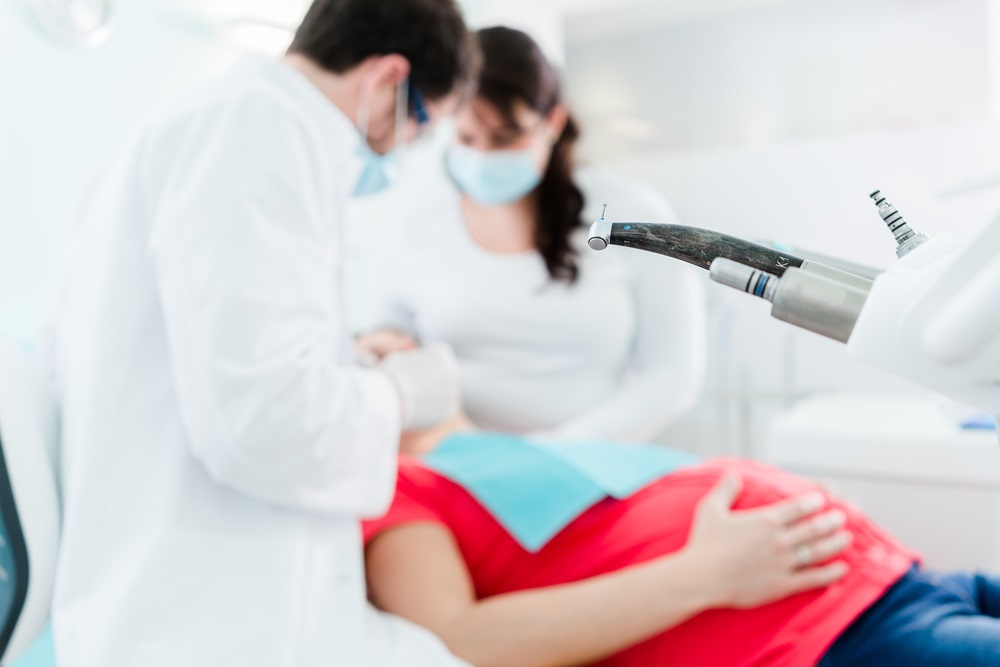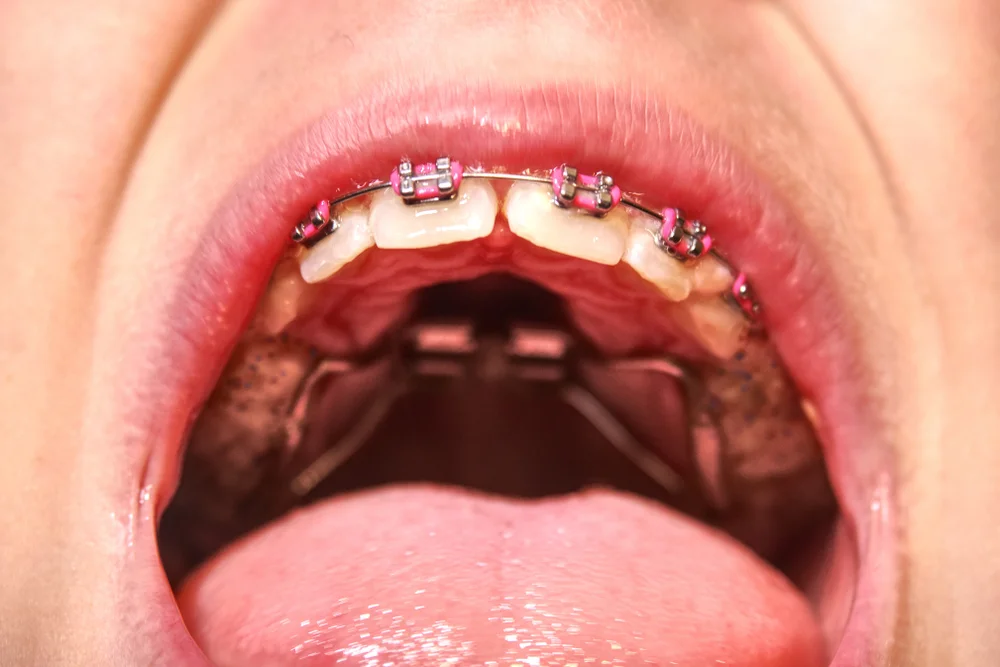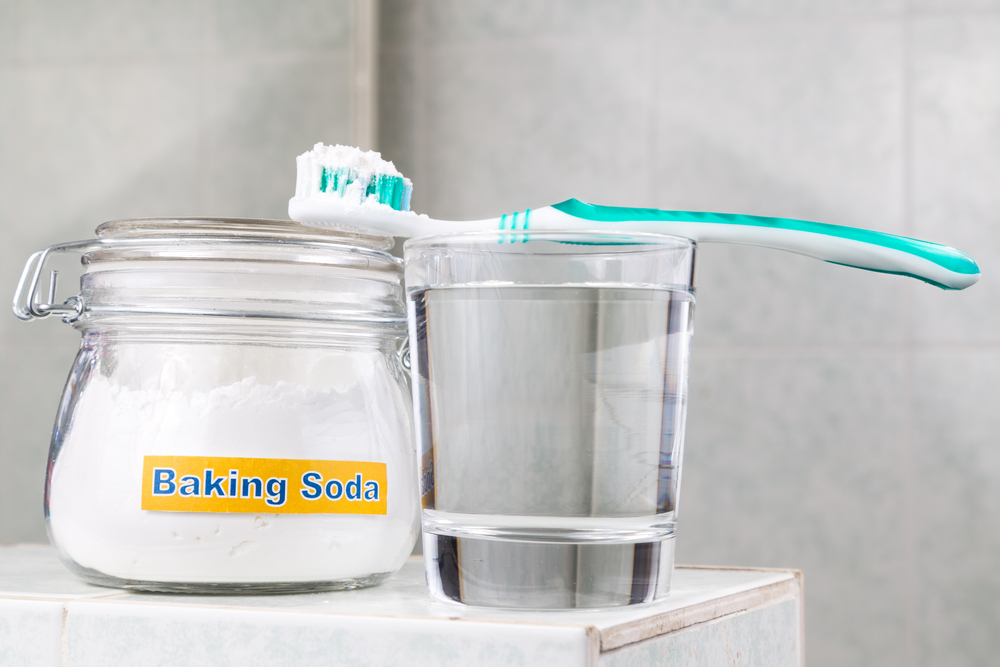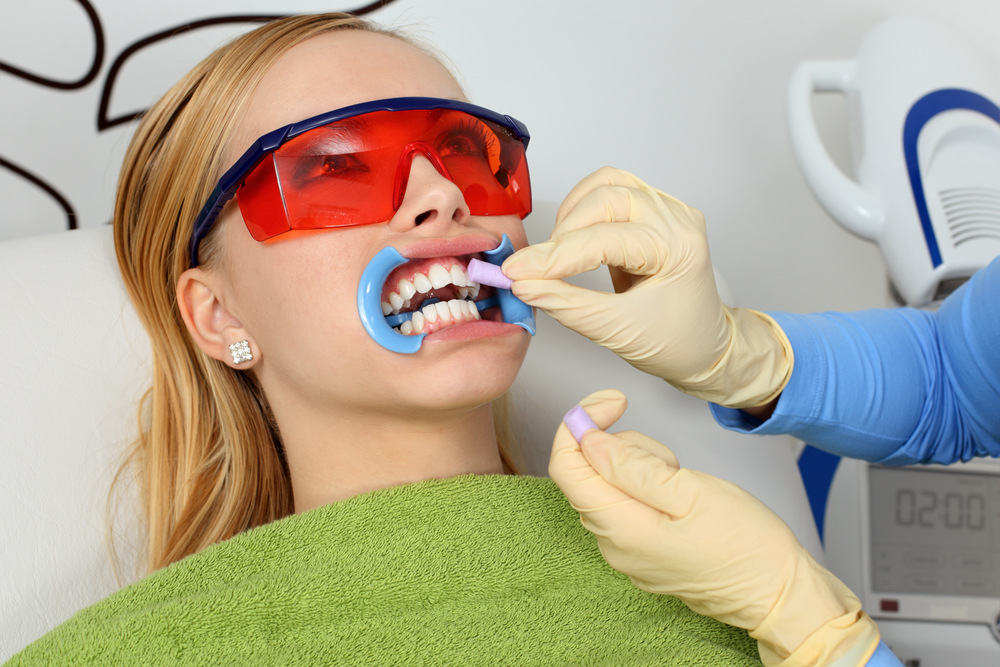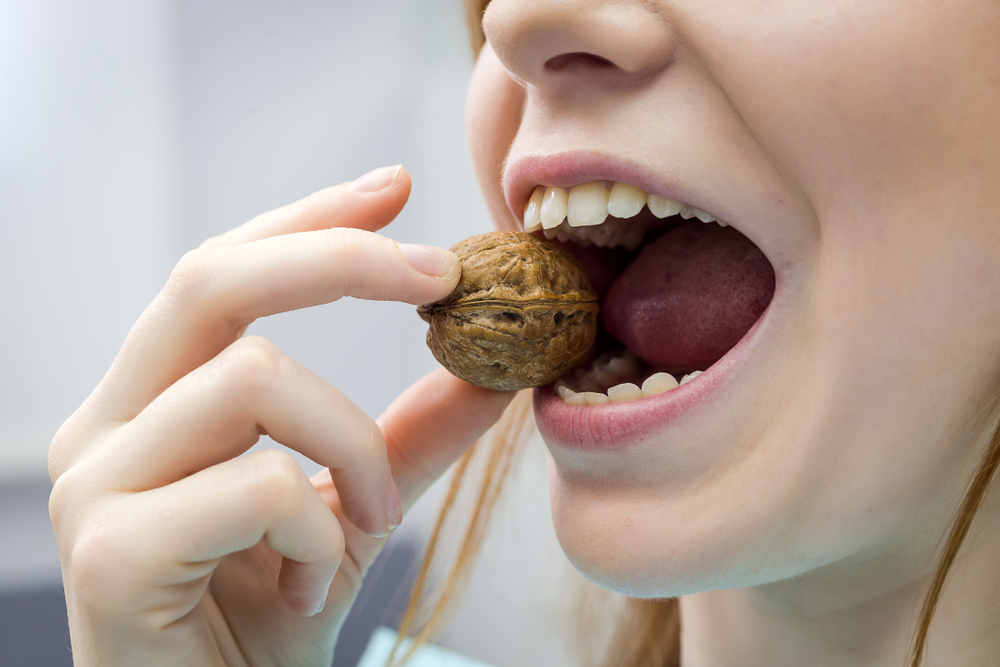Oral health presents its unique challenges during pregnancy, and has a direct impact on both the mother and baby’s well-being. Here we discuss the do’s and dont’s of dental care when pregnant.
Morning sickness, hormone fluctuations, and a higher consumption of carbohydrates (hello, pregnancy cravings!) can lead to tooth decay, gum disease, gingivitis, and a host of other conditions that may require dental work.
In some cases this can have a negative impact your unborn child as well. For instance, periodontal disease can cause elevated levels of prostaglandin, which may lead to premature birth. It can also elevate the body’s C-reactive protein (CRP) levels, which in turn can cause blocked arteries, strokes and blood clots.
Gum disease is another cause for concern, as it can spike bacteria levels in the body and affect the mammary glands. Additionally, some women develop a condition called oral pyogenic granuloma, also known as pregnancy tumors. And although oral pregnancy tumors aren’t actually cancerous, they can bleed easily and cause a great deal of discomfort.
The bottom line is this: seeing a dentist and maintaining your oral hygiene is essential to keeping you and your baby healthy during pregnancy.
We asked two top family dentists — Drs. Philip Hunt and Katie Bridges at Wood Creek Dental in Greenville, SC — for answers to some of the most common questions on oral health that arise during pregnancy. Here’s what they had to say.
Is dental anesthesia safe during pregnancy?
According to a 2015 study published in the Journal of the American Dental Association (JADA), it’s perfectly safe for pregnant women to have dental work done while under local anesthesia.
The study shows that babies who were exposed to local anesthesia during pregnancy do not display a higher risk of cerebral palsy, cleft lift or heart defects. It also demonstrates that pregnant women are not at an increased risk for premature delivery, miscarriage or low birth weight.
With that being said, it’s important to note that anesthesia — especially lidocaine, which is the most common local anesthetic used during pregnancy — does cross the placenta after administration.
However, medical professionals believe that ensuring the patient’s comfort remains a priority, since high levels of pain or increased stress can negatively impact the mother and baby’s health. Most dentists will therefore recommend a smaller amount of anesthetic, thus alleviating discomfort without exposing the baby to high levels of medication.
Can I get a root canal while pregnant?
If you’ve ever experienced pain from a root canal infection, you know that it’s an emergency. This is especially true during pregnancy.
“Teeth requiring root canals are generally in the late stages of decay or damage, which poses a risk of infection,” explains Dr. Bridges. “This is dangerous for expectant mothers, so a root canal procedure might not only be necessary, but advisable to maintain the mother’s health and the baby’s.”
Emergency root canal procedures can be performed under local anesthesia at all stages of pregnancy. As for other dental procedures, Dr. Bridges suggests that routine or elective treatments be completed during the second trimester at the latest.
Close to half of all pregnant women will develop gingivitis between the second and eighth month of pregnancy. Routine cleanings are therefore highly recommended, as they can help prevent gum disease, oral infections, plaque buildup, and other common issues.
And if you have cavities, dentists typically recommend that you get them fixed to reduce chances of infection, which could negatively impact your unborn child. However, this should be avoided during the third trimester, since it may be more uncomfortable to lay on your back for extended periods of time.
All unnecessary and cosmetic procedures, including teeth whitening, should be put off until after you’ve given birth.
Can I get dental X-rays while pregnant?
The American Congress of Obstetricians and Gynecologists (ACOG) emphasizes the importance of proper oral health care while pregnant. In 2013 the ACOG published a paper stating that “teeth cleanings and dental X-rays are safe for pregnant women.”
While some studies suggest that dental X-rays can contribute to issues such as low birth weight, researchers believe that these numbers actually reflect women who have periodontal disease (and are therefore more likely to undergo X-rays while pregnant), which itself can cause low birth weight.
Dentists generally require the use of a protective apron that is specifically designed to minimize your exposure to radiation, whether you’re pregnant or not. These aprons are particularly important for pregnant women, since they minimize the risk of radiation exposure in the abdomen area. Many dentists will also provide a protective thyroid collar during X-rays.
“Radiation levels from X-ray machines used by dentists are very, very low,” explains Dr. Bridges. “They are safe for expectant mothers, and the vest she wears during the X-ray will provide even more protection to the fetus. However, routine radiographs are typically avoided during pregnancy, with the dentist determining the necessity of an X-ray depending upon the emergency or necessary treatment.”
Are there other risks associated with going to the dentist while pregnant?
While there are some risks associated with undergoing dental procedures while pregnant, ignoring potential health issues may be far riskier. Research amply demonstrates the importance of maintaining good dental health while pregnant.
With that being said, much like any other medical procedure, there are some risks to consider before you go under the drill.
Many doctors recommend that people who have dental procedures — tooth extractions, root canals and dental surgeries — take prescription pain medications during recovery. It may seem obvious, but narcotic painkillers should never be used by pregnant women, as they can cause low birthweight. Some babies may even experience withdrawal symptoms.
And unless it’s a life-threatening scenario, doctors are unlikely to perform any type of surgery on pregnant women under general anesthesia or deep sedation, since studies have shown that this can cause birth defects, fetal death and premature labor.
As Dr. Hunt explains, “Local anesthesia is safe during pregnancy, which makes most dental procedures safe to undergo. However, general anesthesia can pose a risk to mom and baby, so elective oral surgeries should be avoided until after delivery. Oral, IV and nitrous should always be avoided during pregnancy in the dental office setting.”
How can I best care for my teeth while pregnant?
Tooth decay, gingivitis, and gum disease are more likely during pregnancy. Because of this, it’s extremely important that you practice good oral hygiene while you’re expecting. The ADA recommends that you brush your teeth twice a day, and floss once a day to reduce the risk of pregnancy-related dental issues. You should also eat a balanced diet and snack in moderation.
For some women, ever-present morning sickness, nausea and vomiting can make oral care difficult. Pregnancy causes hormonal changes, tender gums and exhaustion, which can affect your ability to stick to a good oral health routine. For extra help controlling plaque, the ADA recommends using an antimicrobial mouth rinse, which will help control bacteria. Some dentists may recommend an antibacterial rinse and the morning and a fluoride rinse at night to help prevent plaque buildup and tooth decay.
As for regular mouthwash, there’s no real evidence to suggest that your standard, minty mouthwash poses any threat to your baby’s health. Using a fluoridated, alcohol-free mouth rinse is actually recommended to help address dental issues that commonly occur during pregnancy. With that being said, you shouldn’t use a mouthwash that’s both fluoridated and antimicrobial, as these products tend to contain a large amount of alcohol.





